We may earn money or products from the companies mentioned in this post. This means if you click on the link and purchase the item, I will receive a small commission at no extra cost to you ... you're just helping re-supply our family's travel fund.
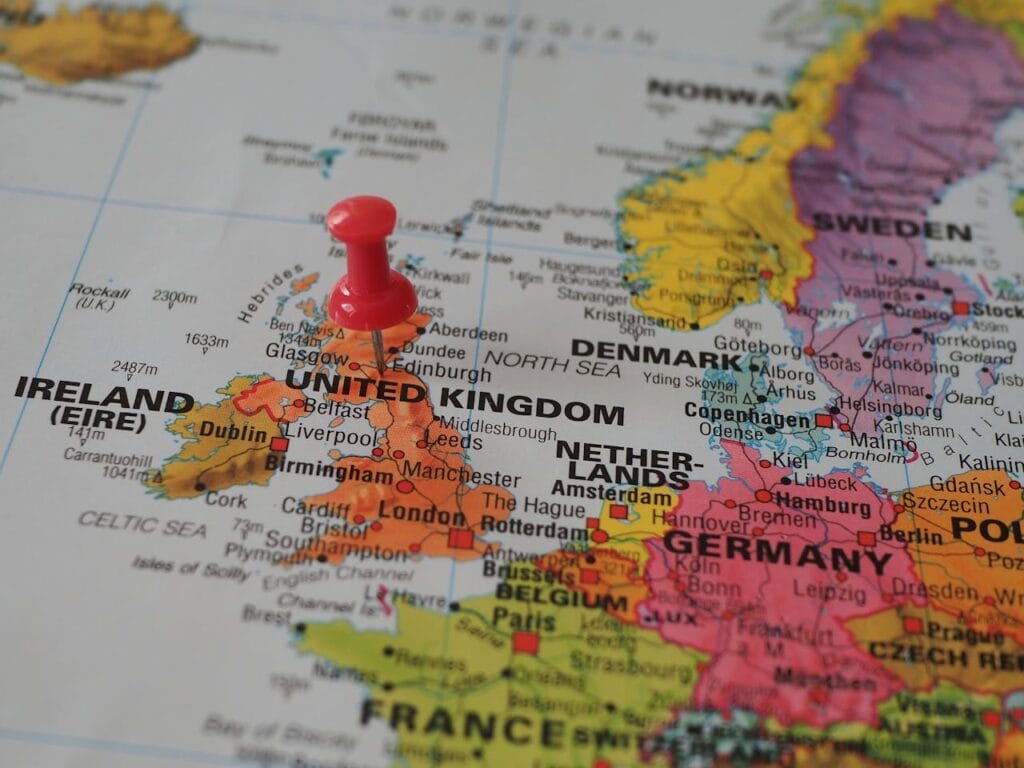
Traveling in Europe is easier when you don’t have to worry about language barriers, and English often acts as the bridge. While not every country uses it equally, some nations stand out for having high levels of English proficiency across everyday life, education, and tourism. From northern regions where fluency is nearly universal to southern destinations where younger generations lead the way, here are 13 European countries where English is widely spoken and you’ll rarely feel lost for words.
1. Netherlands

The Netherlands consistently ranks near the top for English proficiency in Europe. Nearly everyone under 60 can hold a fluent conversation, and English is widely used in universities, workplaces, and even official information. Signs, menus, and train announcements often include English, making travel smooth for visitors. Dutch media is rarely dubbed, which helps maintain strong language skills. Whether you’re in Amsterdam or a smaller town, you’ll likely find that locals switch to English effortlessly, creating an environment where communication feels natural and stress-free.
2. Sweden

Sweden is famous for its widespread English use, and most Swedes are confident speakers. Starting in childhood, students are taught English alongside Swedish, and exposure through international media strengthens fluency. In urban areas like Stockholm, Gothenburg, and Malmö, you’ll find English spoken almost everywhere, from restaurants to public transport staff. Even outside cities, locals are quick to assist in English if needed. For travelers, this makes Sweden a destination where you can fully enjoy the culture without worrying about language barriers slowing you down.
3. Denmark
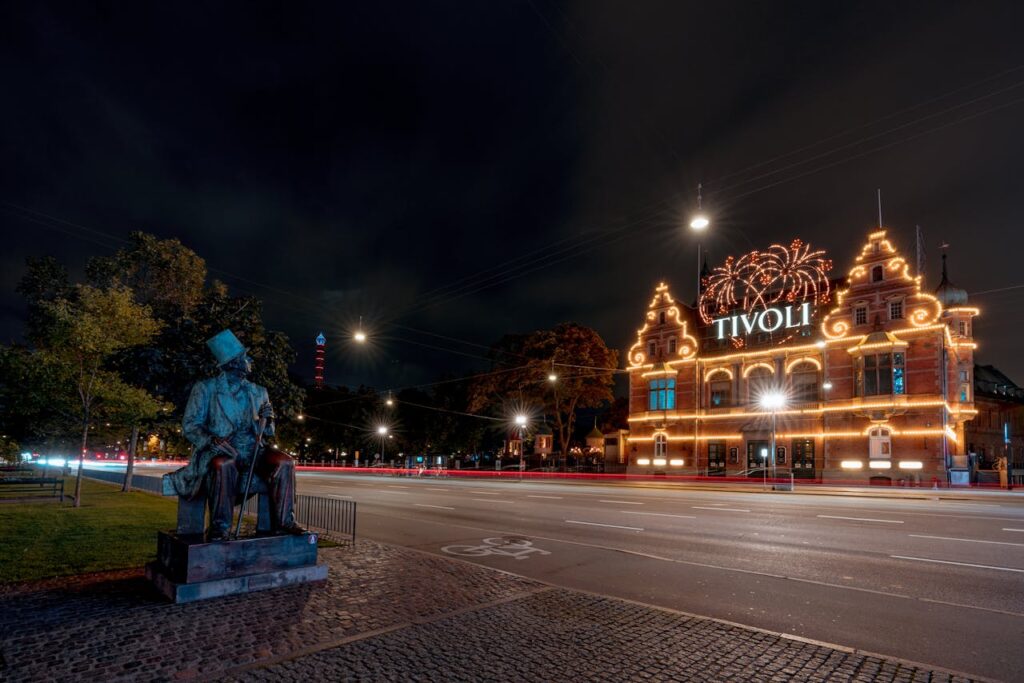
Denmark’s strong education system ensures English is taught early, and Danes often speak it fluently by their teenage years. In Copenhagen and other major cities, conversations in English are completely normal, particularly in service industries and higher education. Many Danes also consume English-language media without translation, reinforcing their comfort with the language. Visitors will notice how naturally locals switch between Danish and English, making interactions straightforward. This high proficiency creates a welcoming environment for travelers who may not speak any Danish at all.
4. Norway
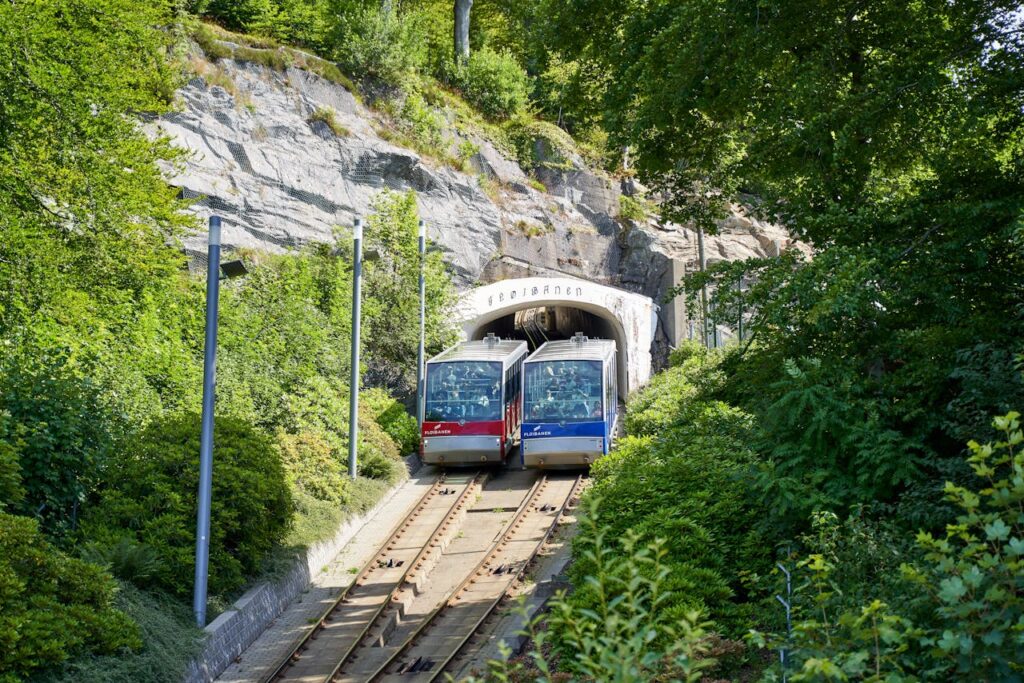
Norway is another country where English skills are excellent. From schools to workplaces, English is a standard part of life, and you’ll find proficiency particularly strong among younger generations. Signs in tourist areas are often in both Norwegian and English, which makes navigation easy. In Oslo, Bergen, and Tromsø, English is common in restaurants, hotels, and public services. Even in more remote regions, it’s not hard to find someone who speaks it well. Travelers in Norway can expect clear communication without the stress of a language gap.
5. Finland
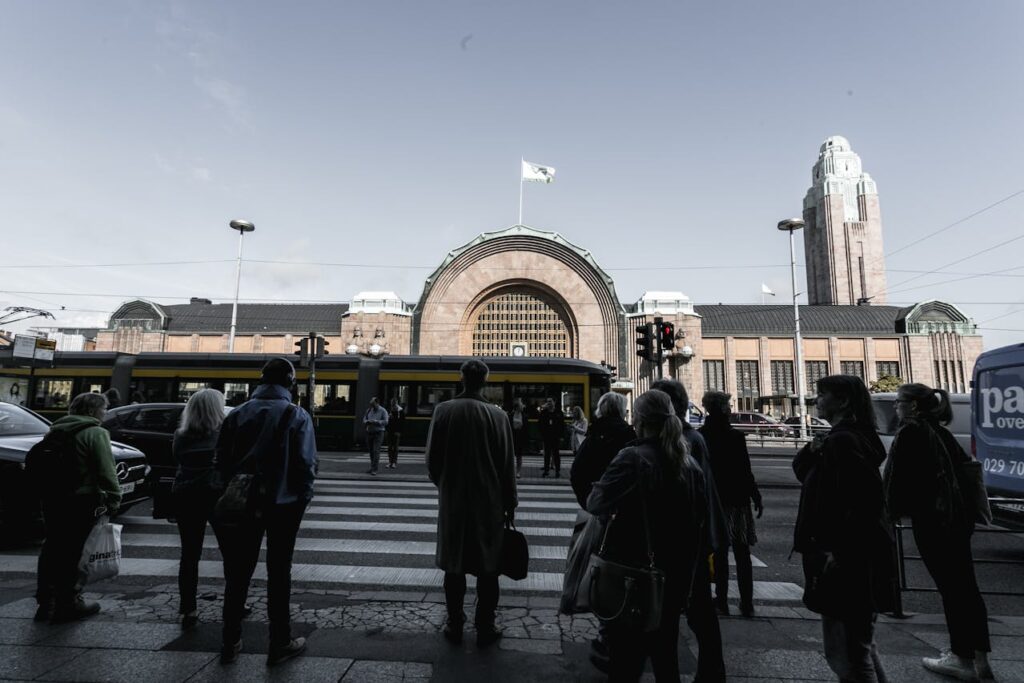
In Finland, English is widely understood, especially among younger people and in urban areas. The education system emphasizes language learning from an early age, and exposure to English media supports strong proficiency. While Finnish and Swedish are the official languages, English often steps in as the practical choice for communication between locals and visitors. Helsinki and other cities use English frequently in signs, menus, and public announcements. Travelers usually find it simple to ask for help or strike up conversations without facing language difficulties.
6. Belgium

Belgium may be linguistically complex with Dutch, French, and German as official languages, but English is also widely spoken. Many Belgians grow up learning it as their third or even fourth language. In Brussels, a global hub for international organizations, English is often the working language for business and diplomacy. Younger generations, particularly in urban areas, have excellent proficiency. Tourists benefit from multilingual menus, transport information, and locals who are usually happy to switch to English. This makes Belgium much easier to navigate than its language diversity suggests.
7. Austria

Austria offers strong English proficiency, especially in major cities and tourist regions like Vienna, Salzburg, and Innsbruck. English is a required subject in schools, so most young Austrians speak it well. In hotels, restaurants, and attractions, staff typically use English comfortably. Outside urban centers, older generations may be less fluent, but younger people often bridge the gap. Visitors will notice how tourism infrastructure, from guided tours to museum signage, frequently includes English, creating a travel environment where communication rarely becomes an obstacle.
8. Germany
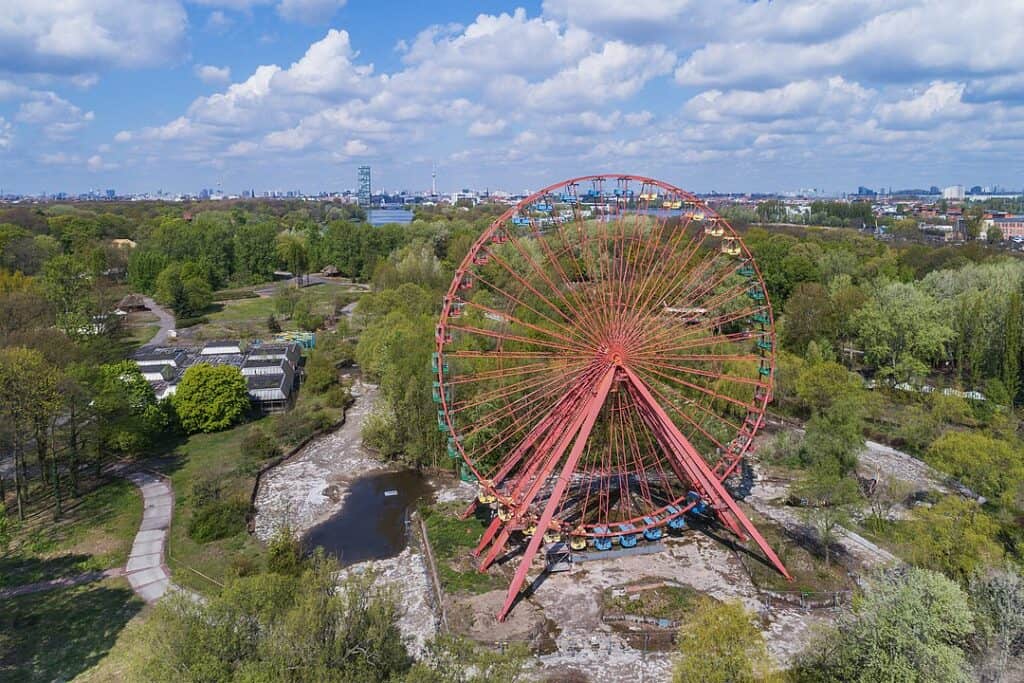
Germany is one of Europe’s largest countries where English proficiency is steadily high. In major cities such as Berlin, Munich, and Frankfurt, English is commonly spoken in business, universities, and hospitality. German schools emphasize English from an early age, so younger people are especially confident speakers. While rural areas may see lower fluency levels, most travelers will find enough English speakers to get by without issues. Combined with bilingual signs and menus in tourist areas, Germany is a country where communication in English is generally very smooth.
9. Ireland

Ireland stands out since English is one of its official languages, alongside Irish Gaelic. This means travelers face no language barrier, as English dominates in daily life, education, and government. Whether you’re exploring Dublin, Cork, or smaller towns, English is the default language for communication. The Irish accent may take a moment to get used to, but fluency is never an issue. For visitors, this makes Ireland one of the easiest countries in Europe to navigate, while still offering a distinctly Irish cultural flavor.
10. Malta
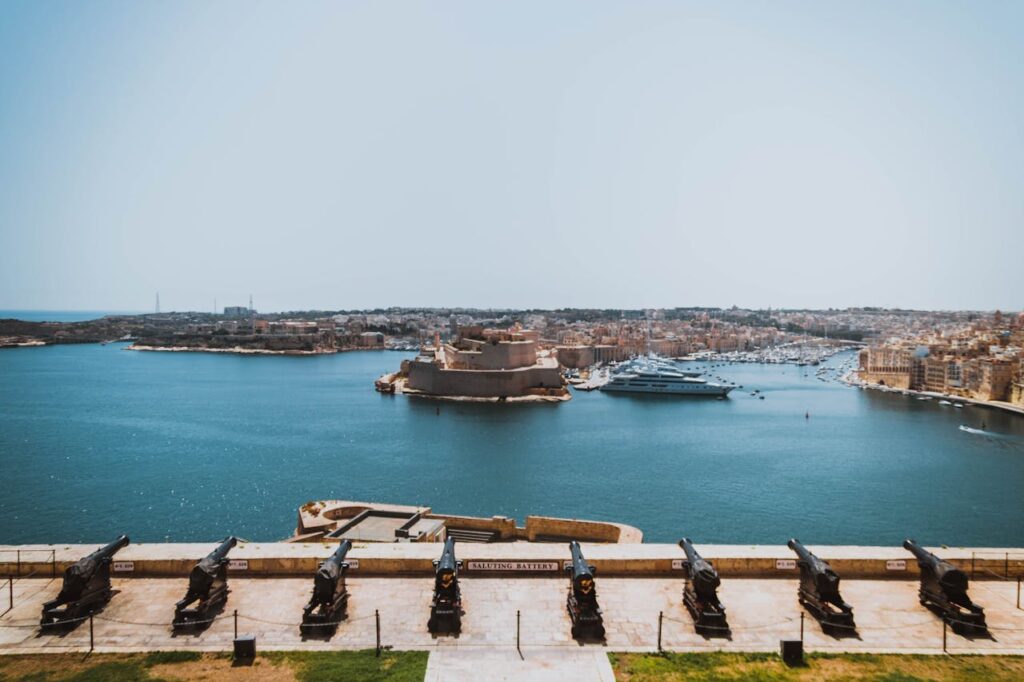
Malta is another country where English is official, alongside Maltese. Given its history as a former British colony, English is deeply rooted in daily life, from education and law to business and tourism. Signs, government documents, and public transport information are commonly available in both languages. For travelers, this creates an environment where communication is straightforward, whether asking for directions or reading museum displays. The combination of Mediterranean charm and linguistic accessibility makes Malta particularly appealing for English-speaking visitors.
11. Portugal

Portugal has seen steady growth in English proficiency, particularly in cities like Lisbon and Porto. English is a core part of education, and younger generations often speak it with confidence. In tourist areas, menus and information are frequently translated, and staff at hotels and attractions tend to switch easily to English. While older rural populations may rely mainly on Portuguese, most visitors find communication manageable. This balance allows travelers to enjoy Portuguese culture while still relying on English when needed for practical situations.
12. Poland
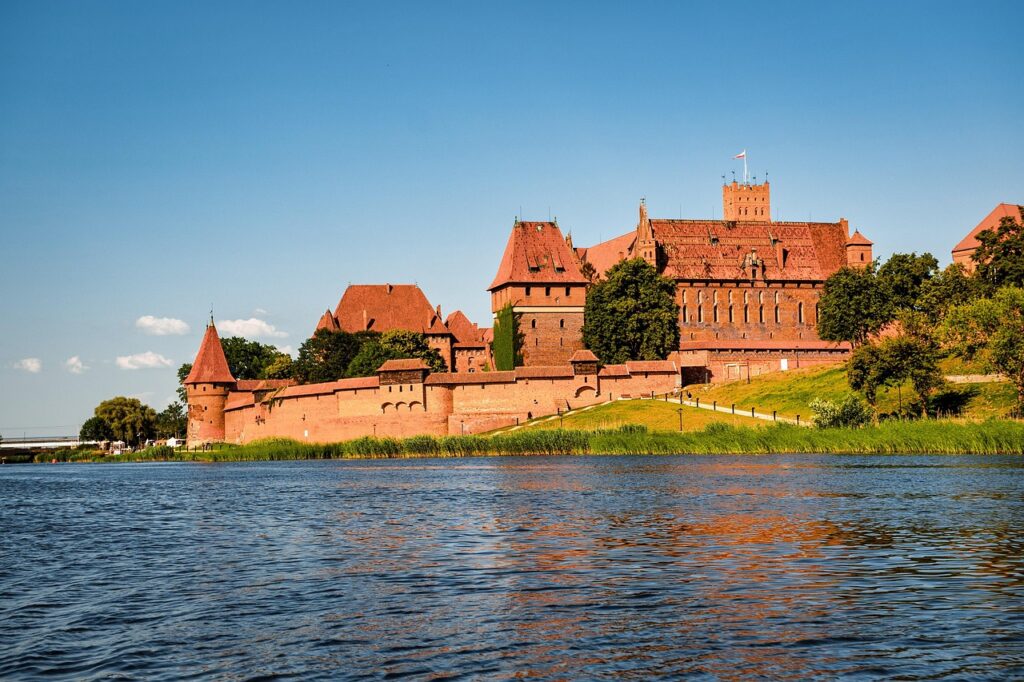
Poland has made impressive strides in English education over the past few decades. Younger Poles, especially in cities like Warsaw, Kraków, and Gdańsk, tend to speak English confidently. The rise of international business and tourism has reinforced the language’s importance. While older generations may have limited skills, most service workers, students, and professionals can communicate well in English. Travelers will often find bilingual signage in transport and cultural sites, making navigation straightforward. Poland continues to climb in global rankings for English proficiency.
13. Greece

Greece is a country where English is especially common in tourist regions and urban centers. From Athens to the islands, people working in hotels, restaurants, and shops typically speak English with ease. English is also a core subject in schools, so younger Greeks often reach a high level of fluency. While in some rural villages older residents may not use English much, travelers usually have little difficulty communicating. The strong presence of English across the tourism sector ensures visitors feel comfortable while exploring Greek history and landscapes.